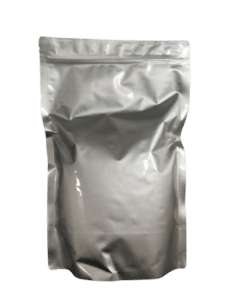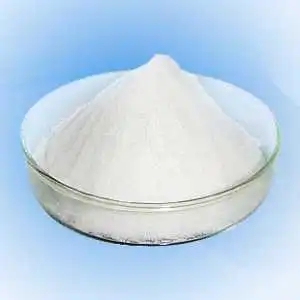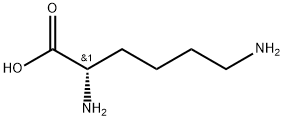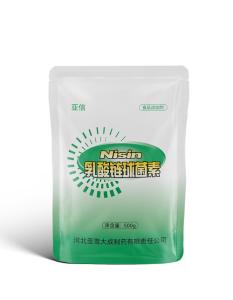

|
- Createtime: 2023-04-06
- Updatetime: 2024-10-18
Nisin is a type of antimicrobial peptide that is produced by certain strains of lactic acid bacteria, including Lactococcus lactis. It was first discovered in 1928 and is widely used in the food industry as a natural preservative to prevent the growth of harmful bacteria.
Over the years, numerous studies have been conducted on the properties and applications of nisin. Research has shown that nisin has a broad spectrum of antimicrobial activity, making it effective against a wide range of microorganisms, including both gram-positive and gram-negative bacteria.
One of the unique properties of nisin is its ability to bind to and disrupt the cell membranes of bacteria, leading to cell death. This mechanism of action makes it a potent and effective antimicrobial agent.
Nisin has been used as a natural preservative in a variety of food products, including cheese, meat, and canned foods. It has also been used as a potential alternative to antibiotics in the treatment of various infections.
In addition to its antimicrobial properties, nisin has also been found to have other potential health benefits. Studies have suggested that nisin may have anti-inflammatory, anti-cancer, and immunomodulatory effects, although further research is needed to fully understand these potential benefits.
Despite its many potential applications, there are also some limitations to the use of nisin. For example, nisin may have a negative impact on the fermentation process in some foods, and its effectiveness may be reduced in the presence of certain food additives or processing techniques.
Overall, the research on nisin has demonstrated its potential as a natural preservative and antimicrobial agent, as well as its possible health benefits. Further research is needed to fully understand its mechanisms of action and potential applications in various fields, but its unique properties make it an interesting subject for continued study.
In recent years, there has been growing interest in the use of nisin as a potential alternative to antibiotics. With the rise of antibiotic resistance, there is an urgent need to find new antimicrobial agents that can effectively treat infections without contributing to the development of resistance.
Studies have shown that nisin may be effective against a variety of bacterial pathogens, including those that are resistant to traditional antibiotics. In particular, nisin has shown promise as a potential treatment for infections caused by methicillin-resistant Staphylococcus aureus (MRSA), a type of bacteria that is notoriously difficult to treat.
In addition to its antimicrobial properties, nisin may also have potential as a cancer treatment. Research has shown that nisin may be able to inhibit the growth of cancer cells and induce apoptosis (cell death) in certain types of cancer cells. However, more research is needed to fully understand the mechanisms of action and potential clinical applications of nisin in cancer treatment.
Despite its potential benefits, there are also some concerns about the safety of nisin. Studies have shown that high doses of nisin can cause toxicity in animals, although the toxicity level is much higher than the typical dosage used in food preservation or as a potential antibiotic. More research is needed to determine the safety and optimal dosage of nisin in various applications.
In conclusion, nisin is a unique and versatile antimicrobial peptide that has a wide range of potential applications in various fields. From its use as a natural preservative in the food industry to its potential as an alternative to antibiotics and a cancer treatment, nisin has demonstrated its potential in numerous studies. However, further research is needed to fully understand its mechanisms of action, safety profile, and optimal dosage in various applications.
-
2023-03-13
How is Nisin produced?
Nisin is a naturally occurring antimicrobial peptide that is produced by certain strains of bacteria, particularly Lactococcus lactis. The process of nisin production involves the ...
MORE -
2023-03-14
How is ε-Polylysine hydrochloride produced?
ε-Polylysine hydrochloride, also known as ε-PL or Poly(ε-lysine), is a natural biopolymer composed of ε-lysine monomers. ε-PL is known for its antimicrobial properties and has...
MORE
- Tel:+8618231198596
- Whatsapp:18231198596
- Chat With Skype







